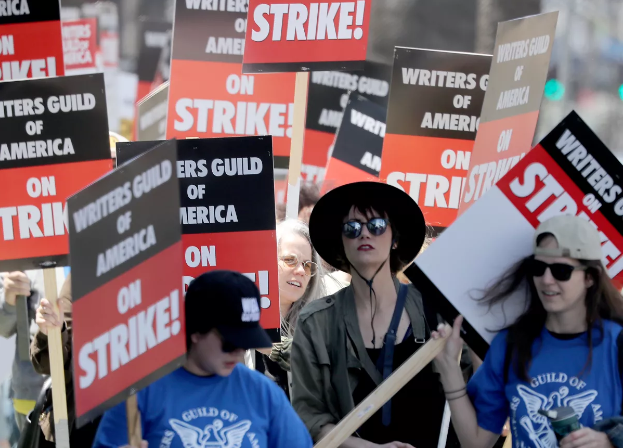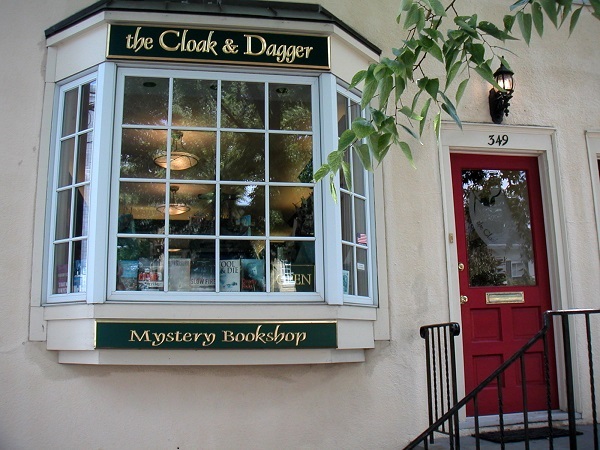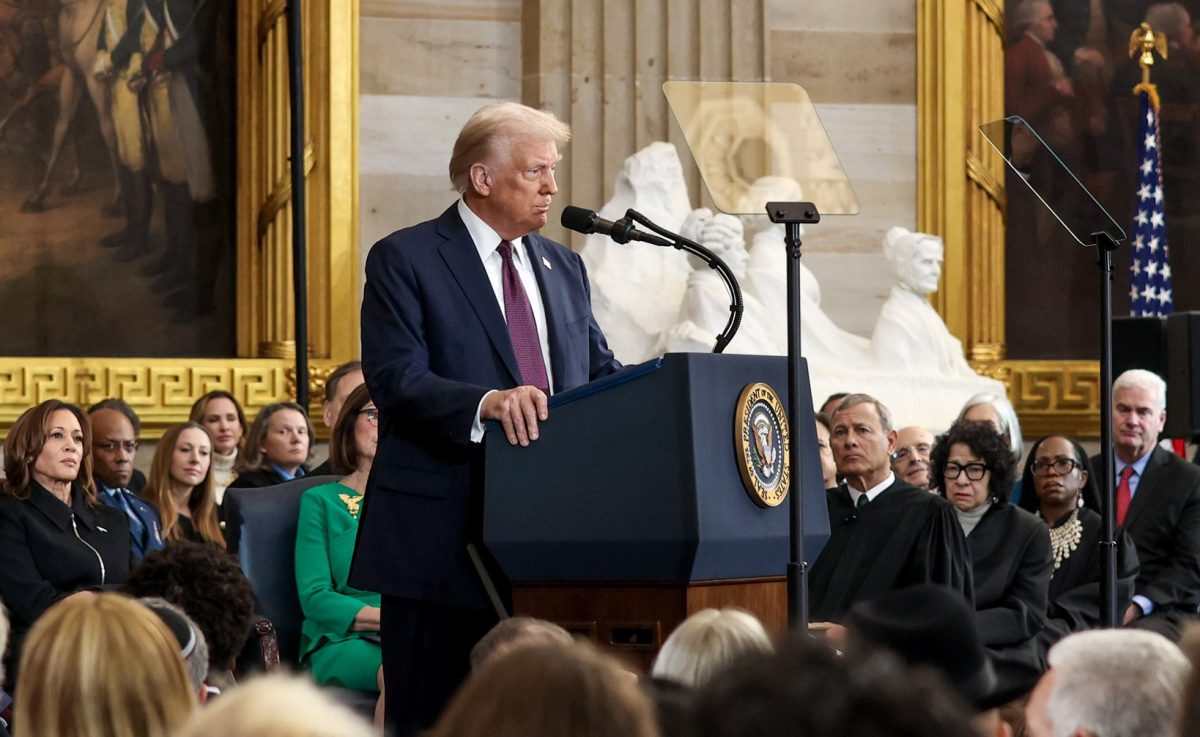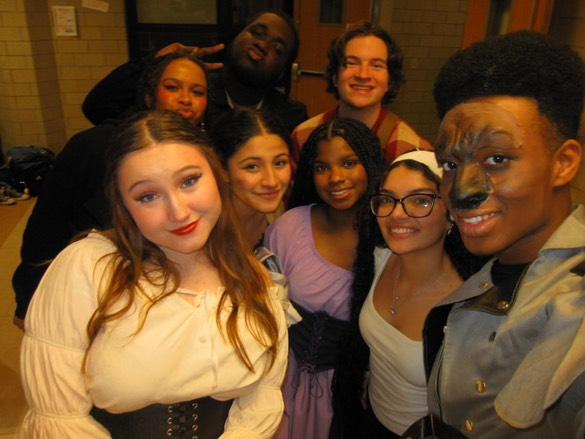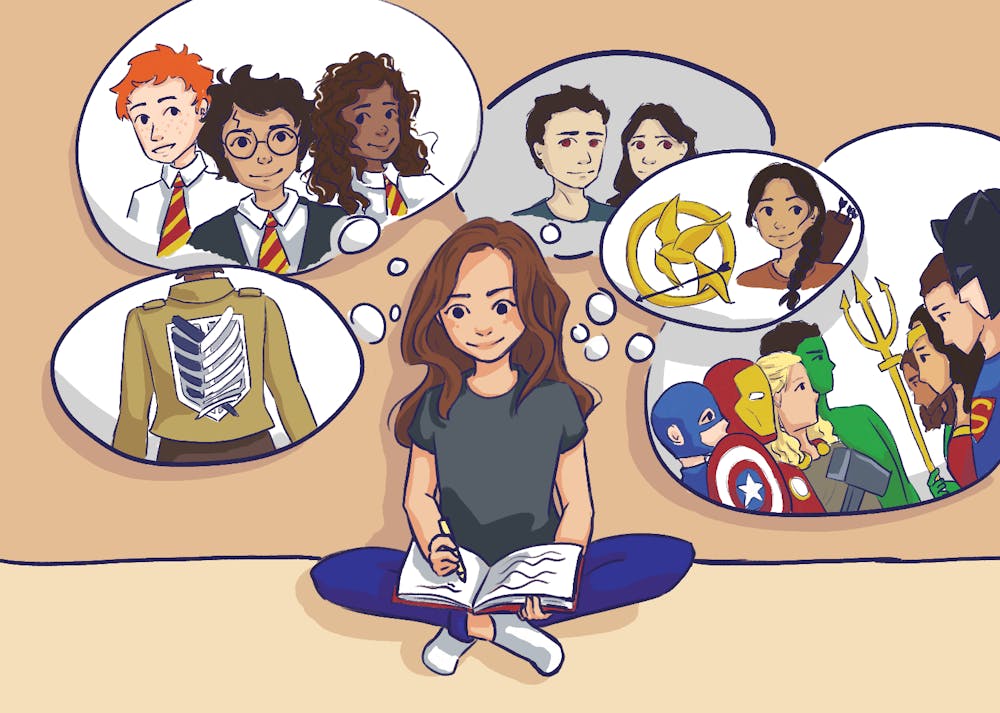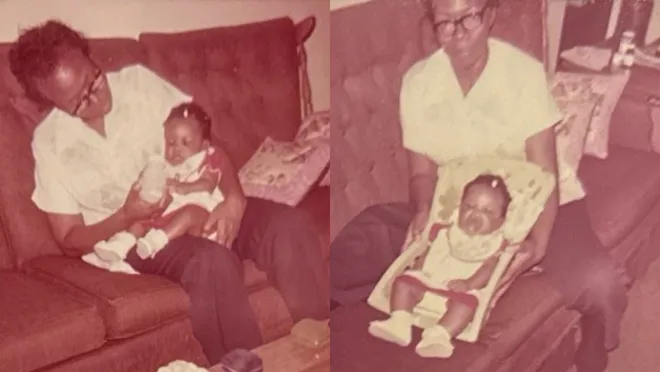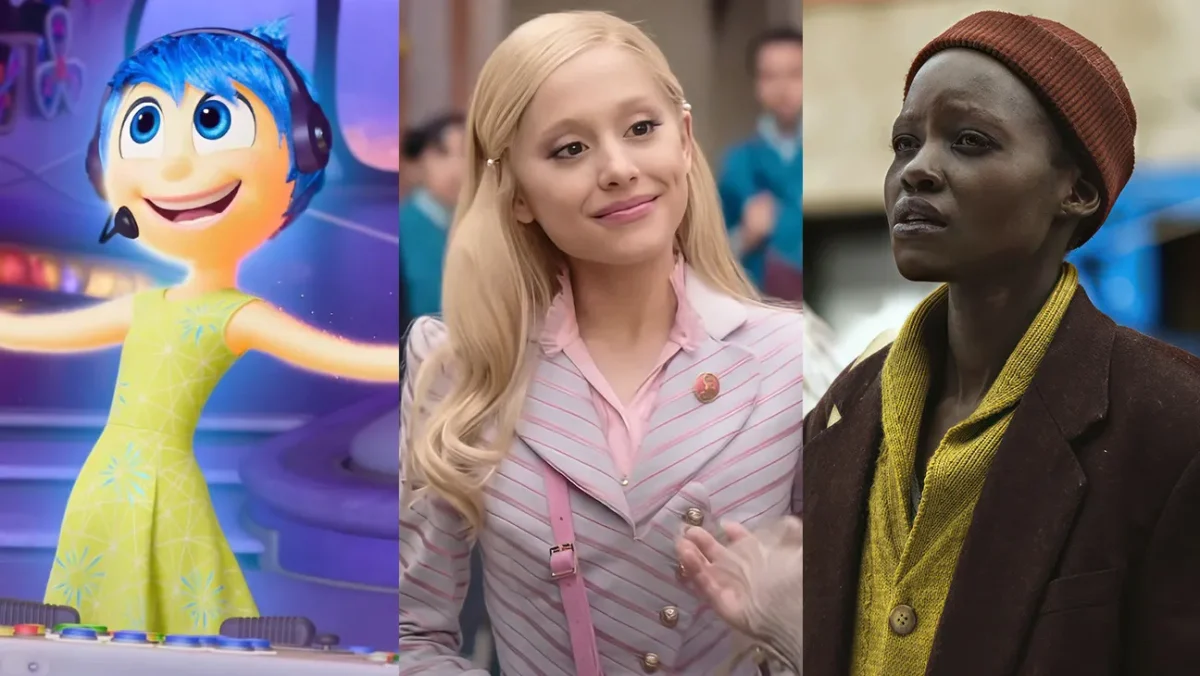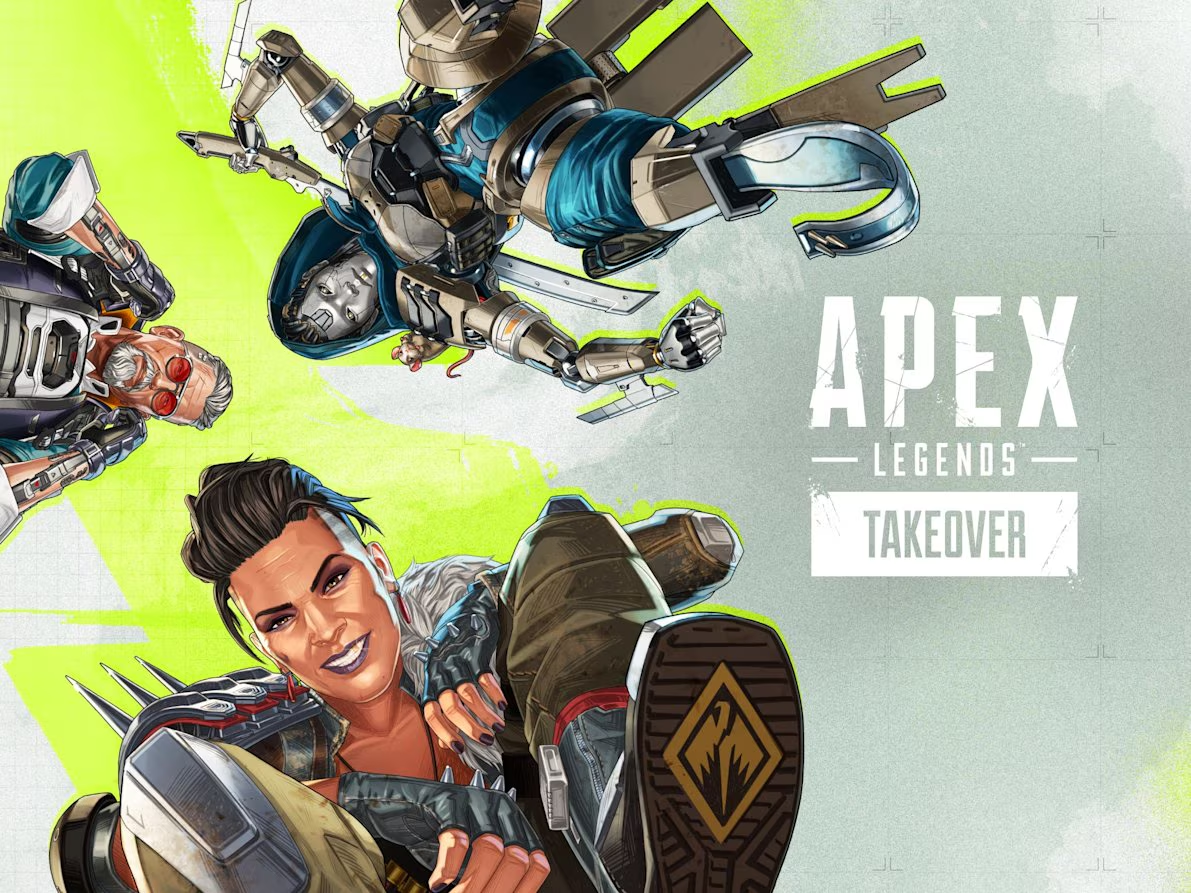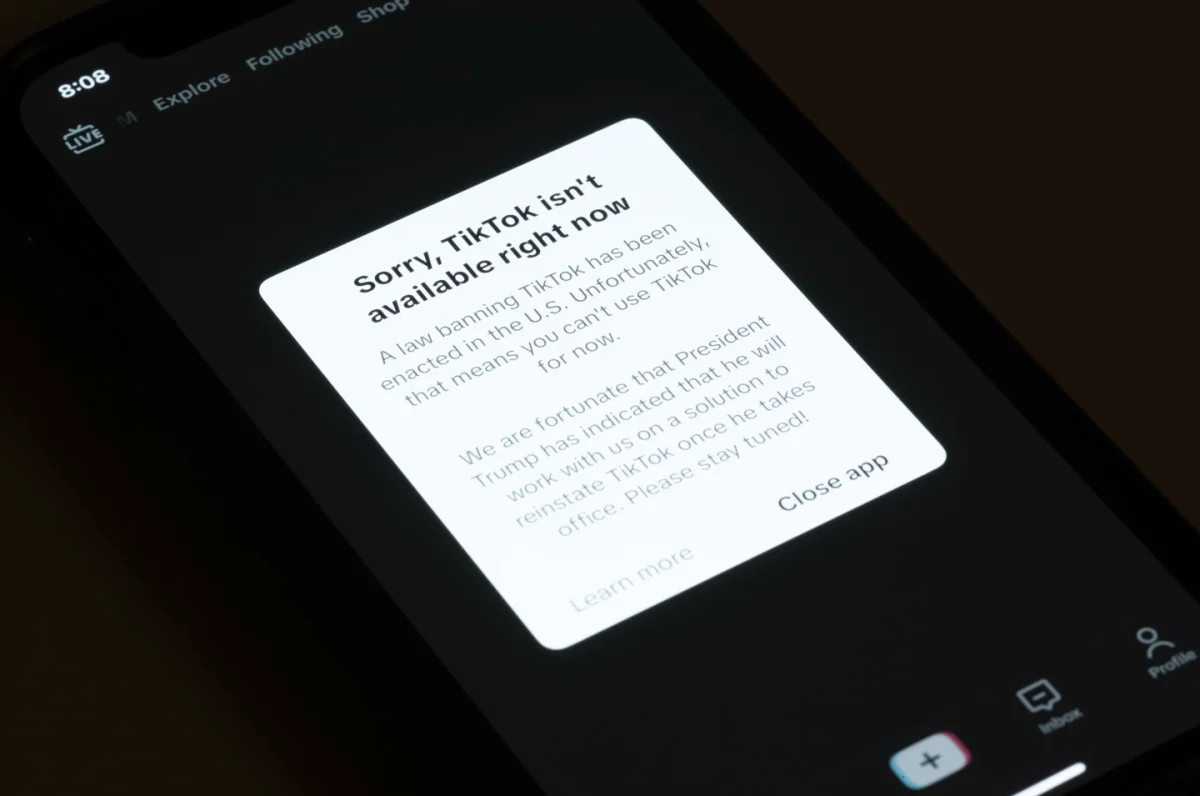Television across the country continues to feel the impact of a strike authorized and enforced by the Writers Guild of America (WGA).
On May 2, the WGA took to the picket lines in protest of the unfair compensation writers have received by major production companies.
“The studios have taken advantage of the transition to streaming to underpay industry workers, including writers in every area of work. Like too many working people across our economy, as corporate profits grow, writers are just not keeping up,” the WGA wrote on their website.
The WGA also wants their contracts to include protection from artificial intelligence as more people and companies have started using it to create a variety of different works.
The strike, however, has caused productions of movies and tv shows to come to a grinding halt. Late night comedy, being among the first shows to go down, with other shows and movies that were being written and produced falling victim to the strike shortly after.
Quinta Brunson of ABC’s “Abbott Elementary” says that she is on strike with the writers “demanding fair compensation for writers”.
One month after the strike began, there have still been no agreements made between the union and the companies.
The last time writers went on strike was back in 2007 when writers were making similar demands to production companies that they are making now. That strike lasted 100 days and caused the industry to lose over $2 billion.
It cannot be said whether the writers will be on strike as long as the 2007 strike. As of now, it is hard to tell how the negotiations between strikers and companies are going and if a deal will be made in the near future.
One thing that is for certain, the television industry will continue to suffer until writers take down the picket lines, and writers are not willing to do that until they receive what they are asking for.
